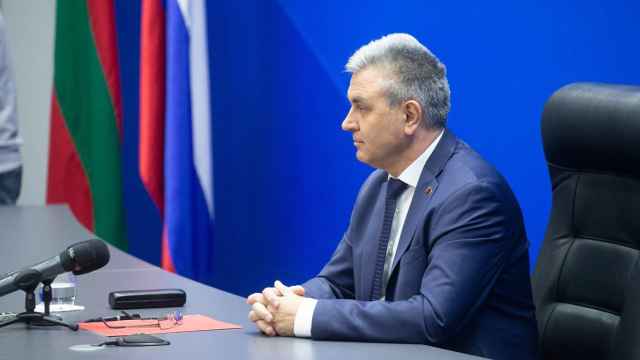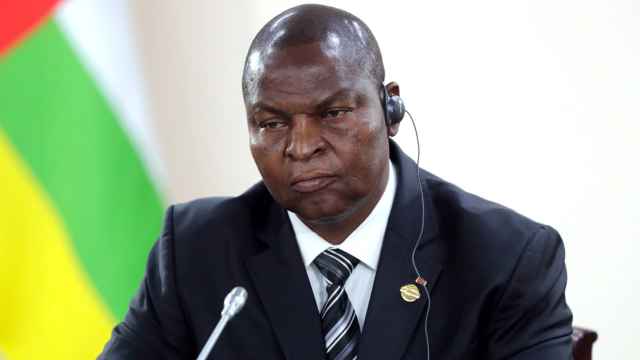TPG Capital’s head of Russia and Central and Eastern Europe, Geoffrey Fink, has left to join an investment firm in Dubai, as TPG is locked in a bitter dispute over Russian retailer Lenta.
Fink, 41, moved to Dubai this month to join Delta Partners Group and start an emerging markets fund, he said in a telephone interview Tuesday. Pavel Melnikov, a TPG spokesman in Moscow, declined to comment on Fink’s departure or successor.
Fink had been in his post since 2008 and said he worked on the firm’s purchase of a 35 percent stake in Lenta last year. TPG and VTB Capital, part of Russia’s second-largest bank, are locked in a dispute with Lenta’s biggest shareholder, August Meyer. Meyer is trying to oust the retailer’s chief executive officer, who is backed by TPG, VTB and the European Bank for Reconstruction and Development, which owns 11 percent of Lenta.
“Russia has a set of challenges,” Fink said. “Some of which are common for the emerging markets. Some are more specific to Russia, such as the structure of the business groups in Russia, in terms of how one has to navigate the legal and political systems, which requires a certain familiarity with the Russian market.”
Meyer, who owns 41 percent of the retailer, has sought to replace Lenta CEO Jan Dunning with shareholder Sergei Yushchenko. The dispute led to scuffles last month, when Dunning used private guards to forcibly enter Lenta’s St. Petersburg headquarters. TPG, VTB Capital and the EBRD have all said they don’t recognize Yushchenko’s appointment. Meyer didn’t answer a call to his mobile phone.
Fink said he moved to Delta because it was a “chance to do something entrepreneurial and the prospect of leading the development of a new fund for a company like Delta was very attractive.” He declined to comment on Lenta.
A Message from The Moscow Times:
Dear readers,
We are facing unprecedented challenges. Russia's Prosecutor General's Office has designated The Moscow Times as an "undesirable" organization, criminalizing our work and putting our staff at risk of prosecution. This follows our earlier unjust labeling as a "foreign agent."
These actions are direct attempts to silence independent journalism in Russia. The authorities claim our work "discredits the decisions of the Russian leadership." We see things differently: we strive to provide accurate, unbiased reporting on Russia.
We, the journalists of The Moscow Times, refuse to be silenced. But to continue our work, we need your help.
Your support, no matter how small, makes a world of difference. If you can, please support us monthly starting from just $2. It's quick to set up, and every contribution makes a significant impact.
By supporting The Moscow Times, you're defending open, independent journalism in the face of repression. Thank you for standing with us.
Remind me later.





